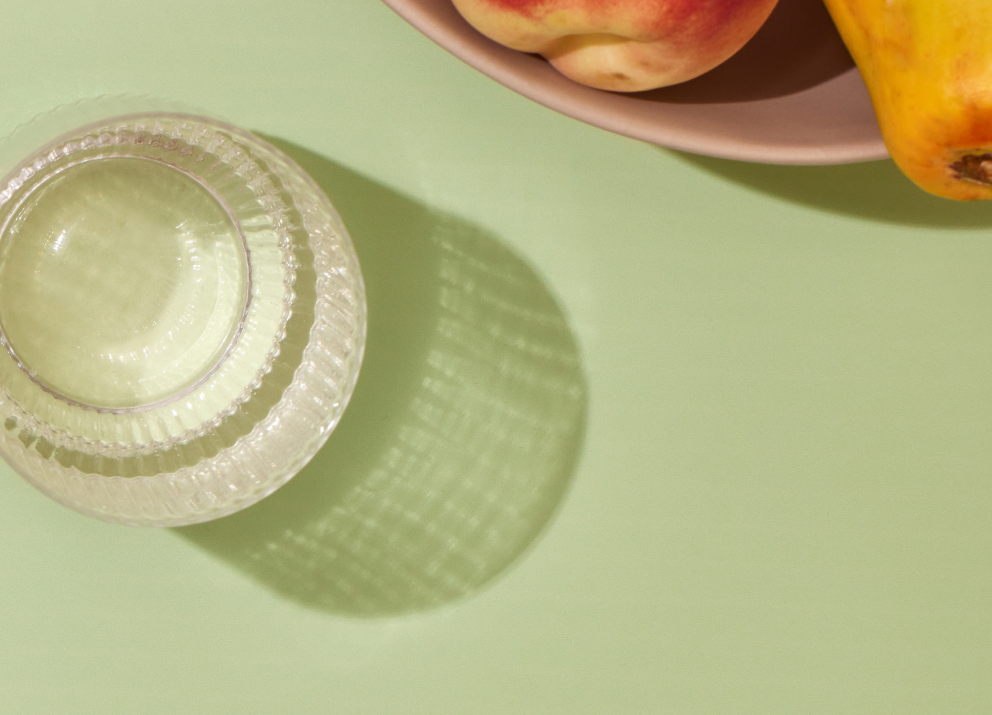Is running bad for your joints? Our experts share the facts


Is running bad for your joints? Our experts share the facts
Exercise or working out can provide a host of health benefits when a routine is set in place. One in five Australians will try running at one point in their life (1). Running is an appealing choice of exercise due to its accessibility—it requires little equipment, and is flexible enough to be done any time of the day. But is running bad for your joints?
Is running bad for your joints? Let’s explore…
Running is a high-impact aerobic exercise that engages your entire body (2), involving repetitive contraction of large muscle groups (3). However, if not done properly, it may cause distress to the areas of our body that receive the most tension and pressure, such as our joints.
Our joints are where our bones meet, connected by ligaments and muscles. Healthy joints enable us to move freely, run, jump, twist and turn (4). They are engaged whenever our body is moving, making joint care an important part of our care regimen.
Read on to find out how to provide an extra boost of support and nourishment for your joints before you go on a run.
What exercises can strengthen my joints?
The key to a healthy exercise routine is variety. Running can be alternated or planned alongside exercises that aim to focus on core strength to further reduce pressure on the joints (4). Consider the following exercises to include in your running regimen:
- Bodyweight squats to protect the knees, ankles and hips
- Assisted or unassisted pull ups to protect the shoulders and elbows
- Push ups to protect the shoulders and elbows (5)
Make sure to always consult a professional when attempting these exercises on your own.
How do I avoid sore joints from running?
Certain measures can be taken to make sure running does not put as much pressure on your joints. Start with committing to a routine: running takes practice, and needs consistency to build endurance6. Sticking to a consistent exercise schedule can help keep the body ready for the physical strain of running.
Pace yourself when you run. Start out slowly and avoid big changes in running distance, speed, frequency, surfaces or even temperatures (7). This can give your bones, muscles, and joints time to adapt and become fitter for the task.
Lastly, wear proper shoes that match your body type (6). Consider the kind of cushion and support your body and feet need. Being aware of your own preferences and needs when it comes to running equipment can help keep your joints protected from unnecessary wear and tear.

What nutrients do I need for healthy joints?
A healthy diet is the best partner to keeping your joints healthy. But if you are unable to get certain vitamins and nutrients through diet, these can be incorporated in your everyday life through supplementation.
Here are some of the nutrients you can consider taking for healthier joints:
Vitamin C
Vitamin C is a water-soluble vitamin that your body cannot store. It helps maintain joint health as it plays a role in producing collagen, the protein that makes up our skin, cartilages, tendons, and ligaments (8).
Fish oil
Fish oil is a dietary source that contains omega-3 fatty acids, needed by the body for many functions, from muscle activity to cell growth9. Omega-3 has many benefits including anti-inflammatory and antioxidant effects that can help those who engage in physical activities. Adding omega-3 supplements to your diet can help with oxygen production, and skeletal and muscular development (10), all of which are crucial in exercise.
Cranberry
Cranberry is a rich source of bioactive compounds that have been associated with anti-inflammatory and antioxidant benefits (11). Cranberry supplements can help maintain joint and cartilage health through its phytochemicals. These elements have therapeutic effects that help release stress and inflammation (12).
Curcumin
Turmeric contains curcumin, which gives the spice its yellow color. But more than that, curcumin’s benefits include anti-inflammatory properties that can help maintain joint health (13). Adding turmeric to your diet can bring health benefits that include alleviation of joint pain (14).
Taking up running is a great first step to keeping active and living a healthier lifestyle. Improve your running experience by taking care of your joints with Vitable, which provides the best vitamin subscription personalised for your needs. These custom vitamin packs can help you reach your necessary daily vitamin intake alongside a healthy lifestyle and diet. We’ll even take care of vitamin delivery and send them right to your doorstep!
Find out more about other areas that the above supplements can help you with:
Vitamin C | Fish oil | Cranberry | Curcumin
*Always read the label. Follow the directions for use. If symptoms persist, talk to your health professional. Vitamin and/or mineral supplements should not replace a balanced diet.
References:
- Better Health Channel Content Team. “Running and jogging - health benefits”. Better Health Channel. Published on https://www.betterhealth.vic.gov.au/health/healthyliving/running-and-jogging-health-benefits. Accessed October 10, 2021.
- Cleveland Clinic Content Team. “Aerobic Exercise”. Cleveland Clinic: My.Clevelandclinic.Org. Published July 16, 2019 on https://my.clevelandclinic.org/health/articles/7050-aerobic-exercise. Accessed October 10, 2021.
- Levine, B. “The ‘best’ cardio workout for a healthy heart”. UT Southwestern Medical Center: Utswmed.Org. Published November 30, 2020 on https://utswmed.org/medblog/heart-cardio-workouts/. Accessed October 10, 2021.
- Cleveland Clinic Content Team. “The Best Exercises To Keep Your Joints Healthy”. Clevelandclinic: Health.Clevelandclinic.Org. Published October 2, 2020 on https://health.clevelandclinic.org/how-to-keep-your-joints-healthy-with-the-right-exercise/. Accessed October 10, 2021.
- Piedmont Healthcare Content Team. “Three exercises to strengthen your joints”. Piedmont Healthcare: Piedmont.Org. Published June 13, 2014 on https://www.piedmont.org/living-better/three-exercises-to-strengthen-your-joints. Accessed October 10, 2021.
- Piedmont Healthcare Content Team. “The truth about running and joint stress”. Published April 15, 2016 on https://www.piedmont.org/living-better/the-truth-about-running-and-joint-stress. Accessed October 11, 2021.
- Saneh, C. “Five pieces of advice all new runners need to know”. World Athletics: Worldathletics.Org. Published June 16, 2020 on https://worldathletics.org/be-active/performance/advice-runners-beginners. Accessed October 11, 2021.
- Mount Sinai Content Team. “Vitamin C (Ascorbic Acid)”. Icahn School of Medicine at Mount Sinai: Mountsinai.Org. Published on https://www.mountsinai.org/health-library/supplement/vitamin-c-ascorbic-acid. Accessed October 11, 2021.
- Mayo Clinic Content Team. “Fish oil”. Mayo Foundation for Medical Education and Research: Mayoclinic.Org. Published December 8, 2020 on https://www.mayoclinic.org/drugs-supplements-fish-oil/art-20364810. Accessed October 11, 2021.
- Gammone, M., Riccioni, G., Parrinello, G., & D’Orazio, N. “Omega-3 Polyunsaturated Fatty Acids: Benefits and Endpoints in Sport”. US National Library of Medicine National Institutes of Health: Nih.Gov. Published December 27, 2008 on https://www.ncbi.nlm.nih.gov/pmc/articles/PMC6357022/. Accessed October 11, 2021.


